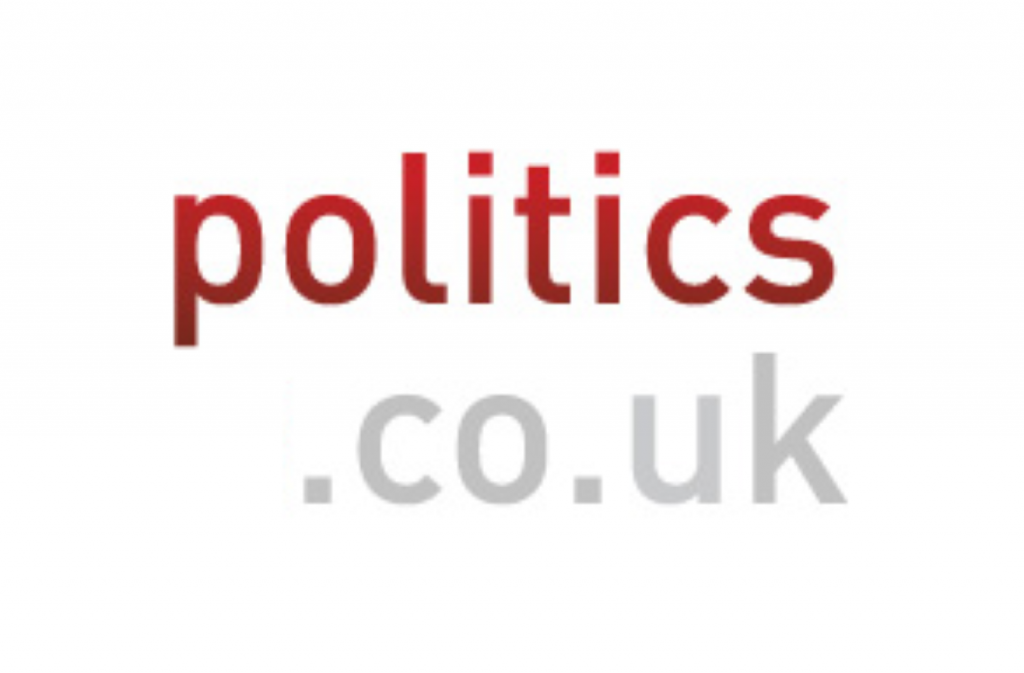Election 2010: The polls
Five months to go, and the polls suddenly do something crazy.
By Ian Dunt
Just when you think you know where you stand, the polls create drama and uncertainty on the UK political scene.
Westminster is spending half its time trying to figure out why. One school of thought says Labour’s newfound fortune originated in the supportive response Gordon Brown received after the Sun’s campaign against him. Many observers, and, it seems, most of the public, felt the newspaper’s attack on the prime minister after he misspelled the name of her son, who died in Iraq, in his condolence letter, simply went too far. The paper’s campaign backfired, and Brown’s fortunes took a welcome boost.


Another theory is that the Tories’ remarkable honesty during their party conference, typified by George Osborne’s show-stopping speech, is gradually backfiring. Voters are increasingly looking at the Tories’ commitment to public spending cuts and realising a vote for Cameron may come back to haunt them.
Whichever theory is correct, and probably both of them are to a certain extent, polls have a habit of creating a reality around them by framing the political debate. Brown has become markedly more confident, and it shows. His performance at the last PMQs was probably the most definitive victory he’s had against Cameron.
Labour officials secretly prayed to close the poll gap to ten per cent. If they go into the election with just ten per cent between them and the Tories, it’s still doable. That ten per cent point has now been reached.
A YouGov poll for the Telegraph towards the end of last month saw the Conservatives on 39 per cent, Labour on 29 and the Lib Dems trailing on 19. A few days earlier, a Populus poll for the Times saw Labour and the Tories on exactly the same position, with the Lib Dems on 18 per cent.
On the 29th of November, a ComRes poll for the Independent put the Conservatives on 37 per cent, Labour on 27 and the Lib Dems on 20. That kind of share gives the Tories about 320 seats in the Commons. It’s a savage drop, if you think Cameron had a 22-point lead in some polls in May. It also leaves them six seats short of an overall majority if it was repeated at the election, given Labour would retain 240 seats, the Liberal Democrats 58 seats, and other parties 14.
And then there’s the jaw-dropping Ipsos Mori poll, which gives Cameron just six points of clear water between himself and Brown. The Tories stand at 37 per cent, with Labour on 31 and the Lib Dems on 17. It’s the smallest lead the Conservatives have had in any national poll for over a year.
The headline is: as things stand we’re heading towards a hung parliament, or at least a minority administration. Cameron will want a firm mandate if he’s going to take the country through a painful period of higher taxes and cuts in public spending. These figures won’t give it to him. Unless we see a change soon, we could be heading towards a very interesting period in British politics.









